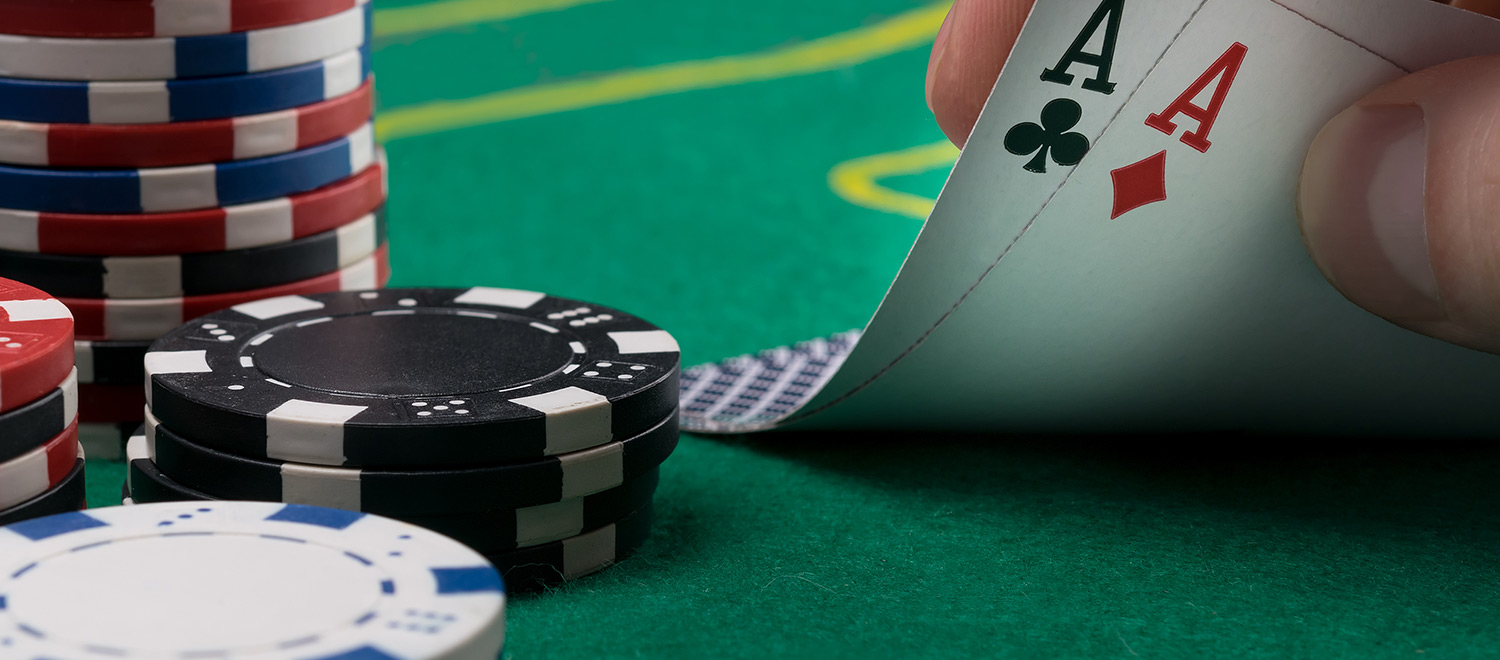Because you didn’t get your Dose of Asianess last week, this week is a two-fer.
The only thing Asians like better than games of skill (like Esports), are games of chance. Asians have an especially strong love of gambling.
In 1999, a poll conducted by social services in Chinatown, San Francisco declared gambling as the community’s #1 problem. Within the community, 21% of interviewees thought of themselves as pathological gamblers. Another 16% admitted to having some sort of gambling problem.
According to Dr. Timothy Fong, an associate Clinical Professor of Psychiatry at the Semel Institute for Neuroscience and Human Behavior at UCLA and co-director of the UCLA Gambling Studies Program, the rate of gambling addiction among Asian Americans ranges from 6% to nearly 60%, depending on the specific Asian ethnicity as opposed to the national rate of 1-2%. Among them, Southeast Asians scored the highest (Sorry Jeremy).
Despite the numbers, Asians largely don’t consider gambling a “problem” like the West does. Instead, gambling is seen as a social activity. Every big cultural event features some kind of gambling. Lunar New Year features dice games. Diwali features card games. Marriages feature mahjong. Its all part of the cultural experience in Asia.
Asian attitudes toward “fortune” also play a significant role. Asian cultures place a serious emphasis on superstition, numerology, and the notion of “luck” compared to Western cultures. Asians cultures promote themes of good fortune, are superstitious, and feel that fate is predetermined by the ancestors. Superstition and fortune play such a large role, that in Asia, it shapes the skyline of entire cities.
For many Asian Americans, casinos and card clubs also fill a social and psychological void. Because Asian form a small, diverse population in America, the casinos and card clubs provide a sense of community. With gambling, there is no language barrier. And that’s exactly the kind of “sense of community’ that U.S. casinos are happy to provide. Many casinos market aggressively to Asians by offering Asian entertainers, ethnic food, free transportation and even card dealers who speak Asian languages.
At the Commerce Casino outside Los Angeles, there are estimates Asians make up 80-90% of the clientele. In Connecticut, the Foxwoods Casino has a version of its website written in both Chinese and Vietnamese. Online gambling sites like the Maryland Live’s Web site can be accessed in five languages, including Chinese, Vietnamese, and Korean. It even features an Asian inspired noodle restaurant in its live casino to cater to the preferences of its large Asian clientele. In fact, in Vegas, there’s a whole hotel just for Chinese gamblers, specifically designed to leave no Chinese superstition left unturned.
Cards aren’t the only game in town. The lottery is big among Asians too, and far more easily accessible. Heavily Asian cities like Westminster, Rosemead, Gardena, and Garden Grove held the top four spots for per-capita lottery sales in 2016 and 2017. In 2016 and 2017, per-capita lottery sales in Westminster were $668 per resident.
A cluster of stores in Orange County, all in Westminster and Garden Grove, were among the California lottery’s 30 biggest retailers during the same time period. The six stores — Gallop Liquor, Café Trang, Coffee Lovers, Al’s Market, LaunderLand and Café Deng — together sold $53.3 million in lottery tickets.
While marketing to Asians represents just a small piece of the California Lottery’s advertising budget, its highly effective. Lottery and Census data show that, while about 7% of people in Southern California live in an Asian plurality census tract, over 10% of lottery sales took place there.
The most popular feature of China’s biggest messaging app WeChat is its Hong Bao service, which translates to “red packet” or “red envelope.” In Chinese culture, its customary to give monetary gifts during weddings, birthdays, and Lunar New Year. These gifts traditionally come wrapped in small red envelopes because, in China, red is a lucky color.
But unlike a simple venmo transfer, WeChat’s Hong Bao service allows senders to post a red envelop into a group chat and generate a RANDOM amount for each user who opens it, until the total is spent. This quickly escalated into a full blown lottery pool, with fairly simple rules: “the group member who receives the least amount of money is required to start the next round by issuing a Hong Bao envelope containing an amount equal to, or greater than, the amount he/she received”. The member who is allocated the highest amount naturally wins the round.
While gambling may be socially acceptable in Asian culture, losing control and having a gambling problem are totally taboo. In addition to cultural shame, Asian gambling addicts stand to lose “face” and integrity within the community. Serious gamblers who are known to have lost big money are considered social pariahs, whom no one will do business with. After all, if your business partner has bad fortune (luck), he’ll be bad for your fortune (wealth).
So for Asians, gambling isn’t considered “a vice,” its a cultural experience, a social activity, and an expression of self. As a result, winning or losing carries a much heavier sense of identification.




